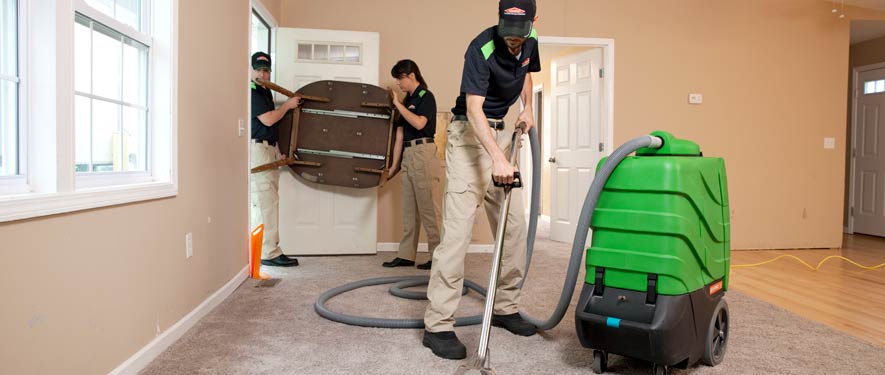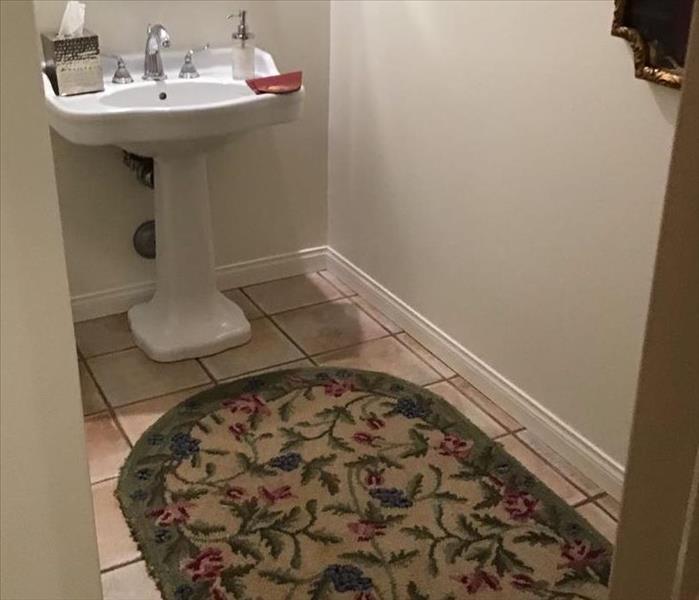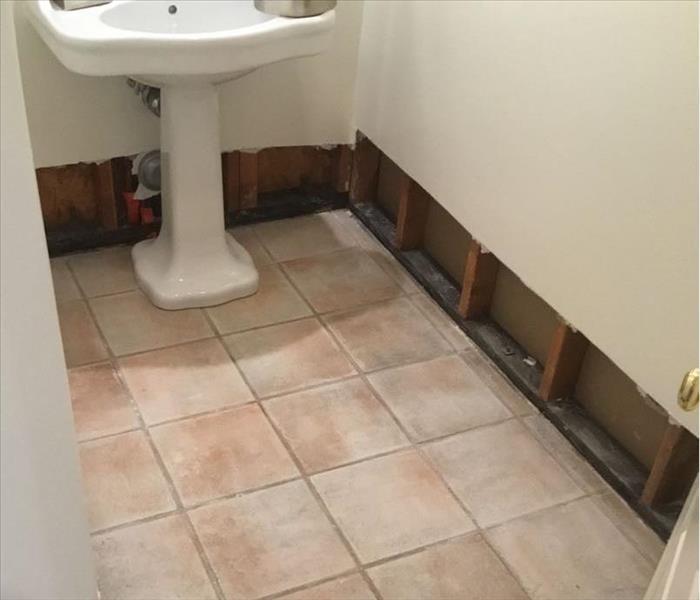
Step 3: Water Removal / Water Extraction
After the initial damage inspection, SERVPRO of Crescenta Valley/East Glendale will begin emergency mitigation services as necessary. If there is standing water or affected carpets, the water extraction process will begin. This process removes the majority of water from affected materials and halts the continued damaging effects of water. Our technicians aim to restore as much of your property as possible, therefore the more quickly we can remove excess water and begin drying, the more likely materials can be saved. SERVPRO of Crescenta Valley/East Glendale uses industrial-powered pumps and vacuums units to quickly and efficiently remove hundreds or thousands of gallons of water from your home or business.
Move-Out / Pack-Out
If your home requires extensive restoration or cleaning, SERVPRO of Crescenta Valley/East Glendale can conduct an organized, efficient move-out to protect your belongings from further damage.
- Move-Out Service
Emergency Water Removal
Our highly trained technicians will begin the water removal process almost immediately. Depending on the amount of water, we may use powerful submersible pumps in addition to industrial strength, wet/dry vacuums. Removing most of the water helps reduce drying time and helps prevent secondary water damage and mold and bacterial growth.
- Remove Excess Water
- Use Submersible Pumps and Industrial Wet/Dry Vacuums
Inspect the Carpet Pad and Carpet
We inspect the carpet and pad and determine if they should be removed to protect the subfloor.
- Inspect Carpet Pad and Remove If Needed
- Inspect Carpet and Remove If Needed
Water Removal Equipment
- Moisture detectors, hygrometers, and other meters measure the extent of moisture saturation.
- Infrared cameras may be used to find “hidden” water behind walls and ceilings.
- Submersible and gas-powered pumps are used for continuous pumping of high-level water.
- Truck-mounted and portable extraction units perform efficient water removal.





 24/7 Emergency Service
24/7 Emergency Service


